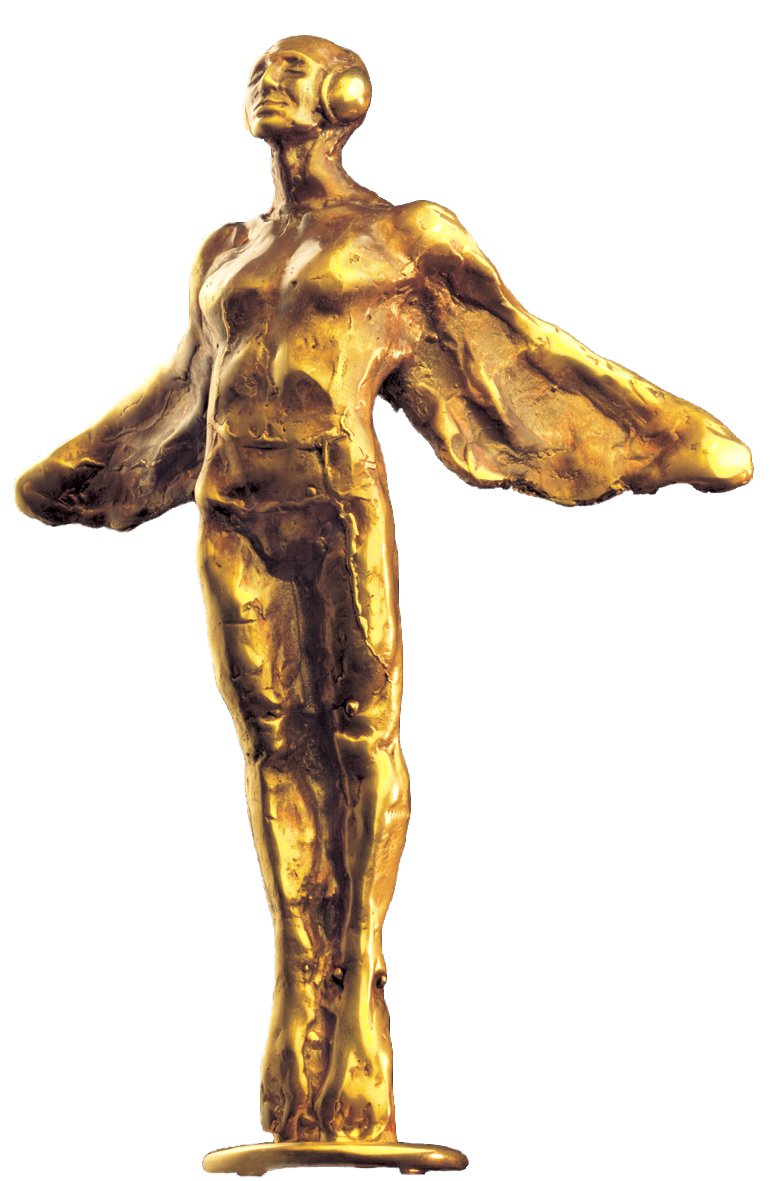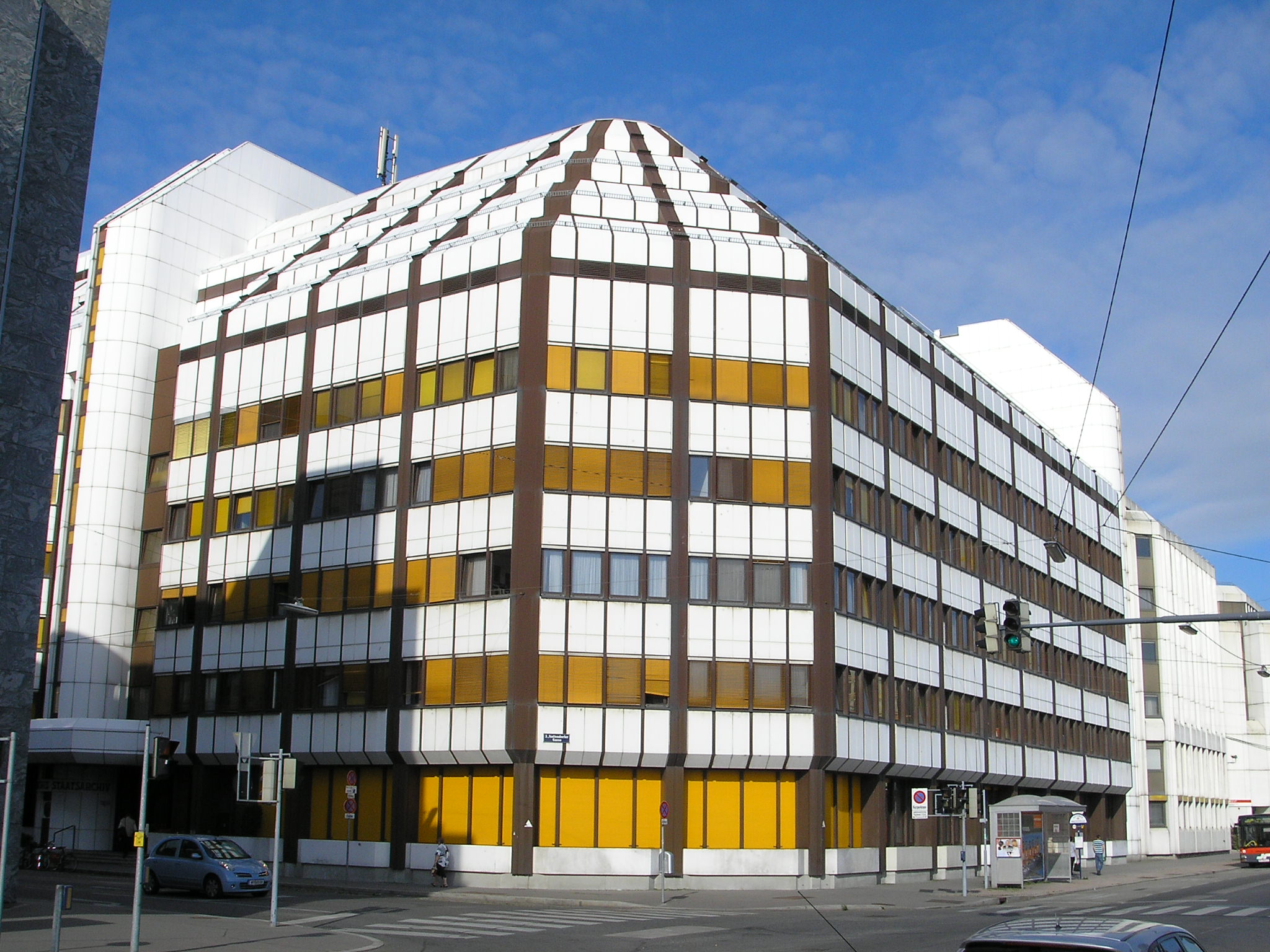|
Fryderyk Pautsch
Fryderyk Pautsch (22 September 1877, Deliatyn - 1 July 1950, Kraków) was an Austrian-Polish painter; associated with the Young Poland movement. Life and work In 1898, he began his studies in jurisprudence at the University of Lemberg (now the University of Lviv), followed by advanced legal studies at the Jagiellonian University in Krakau. For reasons unknown, he decided to pursue a career in art instead. Pursuant to this goal, he enrolled at the local Jan Matejko Academy of Fine Arts, Academy of Fine Arts. His instructors included Leon Wyczółkowski and Józef Unierzyski. Thanks to a scholarship, he was able to study in Paris, at the Académie Julian, from 1905 to 1906. When he returned, he settled in Lemberg, but paid frequent visits to Pokuttia (southeast Galicia (Eastern Europe), Galicia), where he painted scenes featuring the Hutsul people and their culture. In 1908, he became a member of the Society of Polish Artists (Society of Polish Artists "Sztuka", "Sztuka"). Four ... [...More Info...] [...Related Items...] OR: [Wikipedia] [Google] [Baidu] |
Fryderyk Pautsch
Fryderyk Pautsch (22 September 1877, Deliatyn - 1 July 1950, Kraków) was an Austrian-Polish painter; associated with the Young Poland movement. Life and work In 1898, he began his studies in jurisprudence at the University of Lemberg (now the University of Lviv), followed by advanced legal studies at the Jagiellonian University in Krakau. For reasons unknown, he decided to pursue a career in art instead. Pursuant to this goal, he enrolled at the local Jan Matejko Academy of Fine Arts, Academy of Fine Arts. His instructors included Leon Wyczółkowski and Józef Unierzyski. Thanks to a scholarship, he was able to study in Paris, at the Académie Julian, from 1905 to 1906. When he returned, he settled in Lemberg, but paid frequent visits to Pokuttia (southeast Galicia (Eastern Europe), Galicia), where he painted scenes featuring the Hutsul people and their culture. In 1908, he became a member of the Society of Polish Artists (Society of Polish Artists "Sztuka", "Sztuka"). Four ... [...More Info...] [...Related Items...] OR: [Wikipedia] [Google] [Baidu] |
Große Berliner Kunstausstellung
Große Berliner Kunstausstellung (Great Berlin Art Exhibition), abbreviated GroBeKa or GBK, was an annual art exhibition that existed from 1893 to 1969 with intermittent breaks. In 1917 and 1918, during World War I, it was not held in Berlin but in Düsseldorf. In 1919 and 1920, it operated under the name Kunstausstellung Berlin. From 1970 to 1995, the '' Freie Berliner Kunstausstellung'' (Free Berlin Art Exhibition) was held annually in its place. The exhibition Wilhelminian Era Until the 1890s, with the exception of the International Art Exhibition of 1891, for more than a hundred years the Fine Arts Section of the Royal Academy of Arts organised and ran the Academic Art Exhibitions. The first Great Berlin Art Exhibition took place in 1893 on the basis of the statutes of a reorganisation of its internal relations, which was approved by Kaiser Wilhelm II. From then on, the entirety of the Berlin artistic community was to take over the art exhibition, represented by the Coopera ... [...More Info...] [...Related Items...] OR: [Wikipedia] [Google] [Baidu] |
Austrian Painters
This is a list of notable painters from, or associated with, Austria. A * Josef Abel (1768–1818) * Fritz Aigner (1930–2005) * Joseph Matthäus Aigner (1818–1886) * Tivadar Alconiere (1797–1865) * Oz Almog (born 1956) * Franz Alt (1821–1914) * Rudolf von Alt (1812–1905) * Anton Altmann (1808–1871) * Friedrich von Amerling (1803–1887) * Heinz Anger (born 1941) * Christian Attersee (born 1940) * Josef Maria Auchentaller (1865–1949) B * Alfred Basel (1876–1920) * Herbert Bayer (1900–1985) * Franz von Bayros (1866–1924) * Tommaso Benedetti (1797–1863) * Julius Victor Berger (1850–1902) * Joseph Bergler (1753–1829) * Joseph Binder (1798–1864) * Eduard Bitterlich (1833–1872) * Karl von Blaas (1815–1894) * Tina Blau (1845–1916) * Otto Böhler (1847–1913) * Friedrich August Brand (1735–1806) * Antonietta Brandeis (1849–1910) * Arik Brauer (1929–2021) * Günter Brus (born 1938) C * Hans Canon (1829–1885) * Franz Caucig (1755–1828 ... [...More Info...] [...Related Items...] OR: [Wikipedia] [Google] [Baidu] |
1950 Deaths
Year 195 ( CXCV) was a common year starting on Wednesday (link will display the full calendar) of the Julian calendar. At the time, it was known as the Year of the Consulship of Scrapula and Clemens (or, less frequently, year 948 ''Ab urbe condita''). The denomination 195 for this year has been used since the early medieval period, when the Anno Domini calendar era became the prevalent method in Europe for naming years. Events By place Roman Empire * Emperor Septimius Severus has the Roman Senate deify the previous emperor Commodus, in an attempt to gain favor with the family of Marcus Aurelius. * King Vologases V and other eastern princes support the claims of Pescennius Niger. The Roman province of Mesopotamia rises in revolt with Parthian support. Severus marches to Mesopotamia to battle the Parthians. * The Roman province of Syria is divided and the role of Antioch is diminished. The Romans annexed the Syrian cities of Edessa and Nisibis. Severus re-establish his he ... [...More Info...] [...Related Items...] OR: [Wikipedia] [Google] [Baidu] |
1877 Births
Events January–March * January 1 – Queen Victoria is proclaimed ''Empress of India'' by the ''Royal Titles Act 1876'', introduced by Benjamin Disraeli, the Prime Minister of the United Kingdom . * January 8 – Great Sioux War of 1876 – Battle of Wolf Mountain: Crazy Horse and his warriors fight their last battle with the United States Cavalry in Montana. * January 20 – The Conference of Constantinople ends, with Ottoman Turkey rejecting proposals of internal reform and Balkan provisions. * January 29 – The Satsuma Rebellion, a revolt of disaffected samurai in Japan, breaks out against the new imperial government; it lasts until September, when it is crushed by a professionally led army of draftees. * February 17 – Major General Charles George Gordon of the British Army is appointed Governor-General of the Sudan. * March – ''The Nineteenth Century (periodical), The Nineteenth Century'' magazine is founded in London. * Marc ... [...More Info...] [...Related Items...] OR: [Wikipedia] [Google] [Baidu] |
German Occupation Of Poland
German(s) may refer to: * Germany (of or related to) **Germania (historical use) * Germans, citizens of Germany, people of German ancestry, or native speakers of the German language ** For citizens of Germany, see also German nationality law **Germanic peoples (Roman times) * German language **any of the Germanic languages * German cuisine, traditional foods of Germany People * German (given name) * German (surname) * Germán, a Spanish name Places * German (parish), Isle of Man * German, Albania, or Gërmej * German, Bulgaria * German, Iran * German, North Macedonia * German, New York, U.S. * Agios Germanos, Greece Other uses * German (mythology), a South Slavic mythological being * Germans (band), a Canadian rock band * "German" (song), a 2019 song by No Money Enterprise * ''The German'', a 2008 short film * "The Germans", an episode of ''Fawlty Towers'' * ''The German'', a nickname for Congolese rebel André Kisase Ngandu See also * Germanic (other) * Germa ... [...More Info...] [...Related Items...] OR: [Wikipedia] [Google] [Baidu] |
Order Of Polonia Restituta
The Order of Polonia Restituta ( pl, Order Odrodzenia Polski, en, Order of Restored Poland) is a Polish state decoration, state Order (decoration), order established 4 February 1921. It is conferred on both military and civilians as well as on alien (law), foreigners for outstanding achievements in the fields of education, science, sport, culture, art, economics, national security, national defense, social work, civil service, or for furthering good relations between countries. The Order of Polonia Restituta is sometimes regarded as Poland's successor to the ''Order of the Knights of Saint Stanislaus, Bishop and Martyr'', known as the Order of Saint Stanislaus, established in 1765 by Stanisław August Poniatowski, the last King of the Polish–Lithuanian Commonwealth, to honor supporters of the Polish crown. History When Poland regained its independence from the German Empire, Austro-Hungarian Empire, and Russian Empire in 1918, the new Polish government abolished the activities ... [...More Info...] [...Related Items...] OR: [Wikipedia] [Google] [Baidu] |
Rector (academia)
A rector (Latin for 'ruler') is a senior official in an educational institution, and can refer to an official in either a university or a secondary school. Outside the English-speaking world the rector is often the most senior official in a university, whilst in the United States the most senior official is often referred to as president and in the United Kingdom and Commonwealth of Nations the most senior official is the chancellor, whose office is primarily ceremonial and titular. The term and office of a rector can be referred to as a rectorate. The title is used widely in universities in EuropeEuropean nations where the word ''rector'' or a cognate thereof (''rektor'', ''recteur'', etc.) is used in referring to university administrators include Albania, Austria, the Benelux, Bosnia and Herzegovina, Bulgaria, Croatia, Cyprus, Czech Republic, Denmark, Estonia, Finland, Germany, Greece, Hungary, Iceland, Italy, Latvia, Malta, Moldova, North Macedonia, Poland, Portugal, Romani ... [...More Info...] [...Related Items...] OR: [Wikipedia] [Google] [Baidu] |
Fryderyk Pautsch - Study Of Peasants - MP 362 MNW - National Museum In Warsaw
The Fryderyk is the annual award in Polish music. Its name refers to the original Polish spelling variant of Polish composer Frédéric Chopin's first name. Its status in the Polish public can be compared to the American Grammy and the UK's BRIT Award. Officially created in 1994 and presented for the first time in 1995, the award was initially conferred by the Polish Society of the Phonographic Industry (''Związek Producentów Audio-Video'', ZPAV). Since 1999, nominees and winners have been selected by a body called Phonographic Academy (''Akademia Fonograficzna'') which by now consists of nearly 1000 artists, journalists and music industry professionals. Voting is anonymous and takes place in two rounds: In the first round, all Academy members can nominate five artists in each category, in the second round, members can vote for one candidate in each category from the most successful nominees established in the first round. The Fryderyk statuette is reminiscent of the Acade ... [...More Info...] [...Related Items...] OR: [Wikipedia] [Google] [Baidu] |
Poznań
Poznań () is a city on the River Warta in west-central Poland, within the Greater Poland region. The city is an important cultural and business centre, and one of Poland's most populous regions with many regional customs such as Saint John's Fair (''Jarmark Świętojański''), traditional Saint Martin's croissants and a local dialect. Among its most important heritage sites are the Renaissance Old Town, Town Hall and Gothic Cathedral. Poznań is the fifth-largest and one of the oldest cities in Poland. As of 2021, the city's population is 529,410, while the Poznań metropolitan area (''Metropolia Poznań'') comprising Poznań County and several other communities is inhabited by over 1.1 million people. It is one of four historical capitals of medieval Poland and the ancient capital of the Greater Poland region, currently the administrative capital of the province called Greater Poland Voivodeship. Poznań is a center of trade, sports, education, technology and touri ... [...More Info...] [...Related Items...] OR: [Wikipedia] [Google] [Baidu] |
Österreichisches Staatsarchiv
The National Archives of Austria (german: Österreichisches Staatsarchiv) Also known as the Austrian State Archives in Vienna is the central archive of the republic of Austria. On the basis of the Austrian Federal Archives Act, it stores the archives of the federal government. The tasks of the Archives are described as follows: recording, taking over, storing, preserving, repairing, organizing, developing, utilizing and making usable federal archive material for research into history and the present, for other research and science, for legislation, jurisdiction, for administration, and the legitimate concerns of citizens. Blocking / Archiving periods of up to 110 years can apply to archive holdings. profil.at See also * |





